In recent years, agricultural tourism has played an increasingly important role in expanding tourist routes and destinations. As a result, tourism products and services have become increasingly diverse, and the length of stay of tourists in rural areas has become longer.
With the goal of achieving high efficiency in developing rural tourism, the Prime Minister issued Decision No. 922/QD-TTg dated August 2, 2022 approving the Rural Tourism Development Program in New Rural Construction for the period 2021-2025.
Accordingly, rural tourism development is considered one of the key solutions and tasks of the National Target Program on New Rural Development for the 2021-2025 period, based on changing the mindset from agricultural production to rural economic development, contributing to supporting localities to effectively and sustainably implement new rural criteria.
Sharing about this issue at the Seminar on Promoting the Integrated Value of Rural Tourism in early June, Deputy Director of the Vietnam National Administration of Tourism Nguyen Le Phuc informed: "Based on the reports of 63 state management departments of tourism in provinces and cities, the whole country currently has 488/1,731 tourist areas and spots that have been recognized according to the provisions of the 2017 Tourism Law, of which 382 spots, or about 80%, are located in rural areas".
In fact, this activity has been and is being implemented in a sustainable, inclusive and multi-valued direction, in line with the needs of the tourism market. At the same time, many units have responded to the need to preserve and promote traditional cultural values, craft villages and agricultural activities.

Visitors can experience many interesting activities at rural destinations.
However, in order for the development of agricultural tourism to be highly effective, businesses operating in many localities need to exploit the unique ecological environment of each region and implement it in conjunction with digital transformation, aiming for innovative and creative ways of doing things.
In addition, the quality of rural tourism services still needs to be improved. Because many localities only provide experience services and day tours, tourism products are still simple and lack the nature of high-value agricultural value chains. The problem of planning and managing the overall construction of landscapes in villages, hamlets, and rural tourism spots is still lacking in uniformity, making it difficult to form tourist spots with regional cultural identity.
Faced with the above situation, tourism units need to promote the role of the people and the community as the main subjects, promote the active and proactive participation of businesses, cooperatives, and economic organizations through the form of effective tourism value chain linkage.
The goal by 2025 is to standardize rural tourism destinations and products, with each province and city striving to have at least one recognized destination associated with the local agricultural, cultural, craft village or ecological environment advantages. From there, aim to have 50% of rural tourism service establishments recognized as meeting tourist service standards.
Along with that, we focus on developing rural tourism associated with the digital transformation process, aiming to have at least 50% of recognized rural tourist destinations digitized and connected on the website to promote tourism using digital technology.
Source





























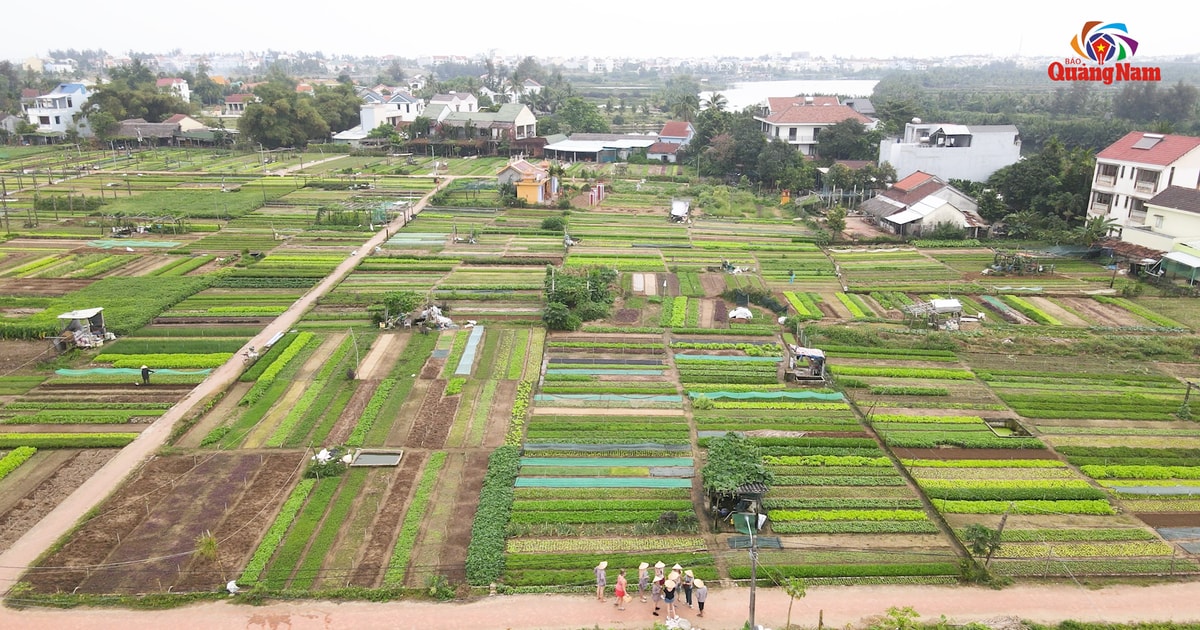
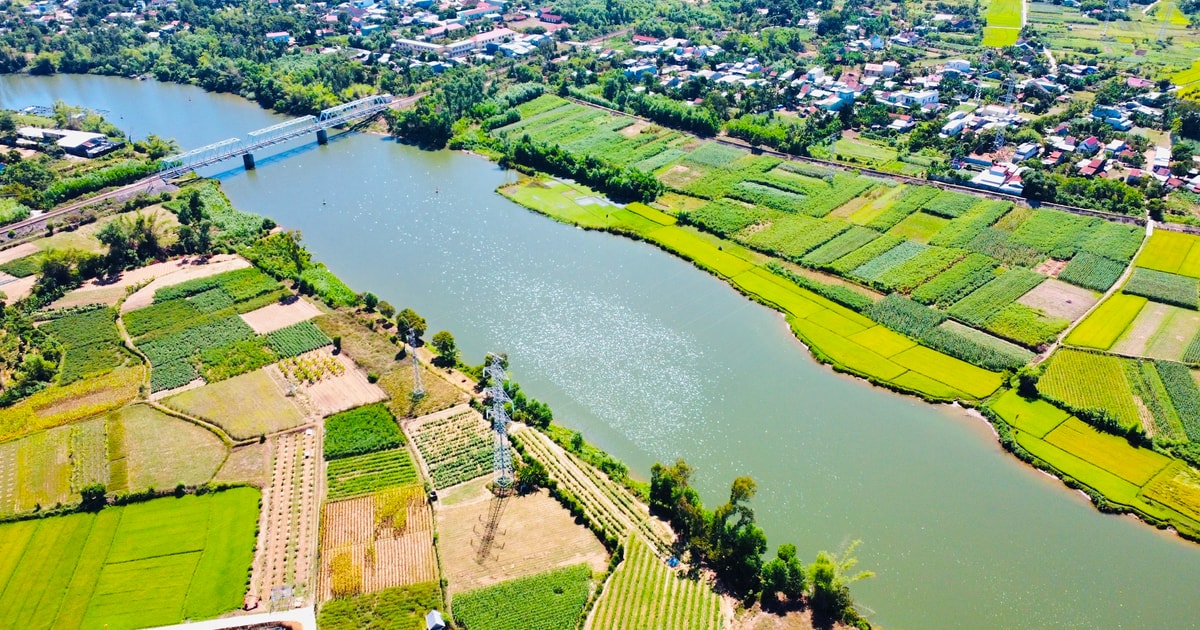
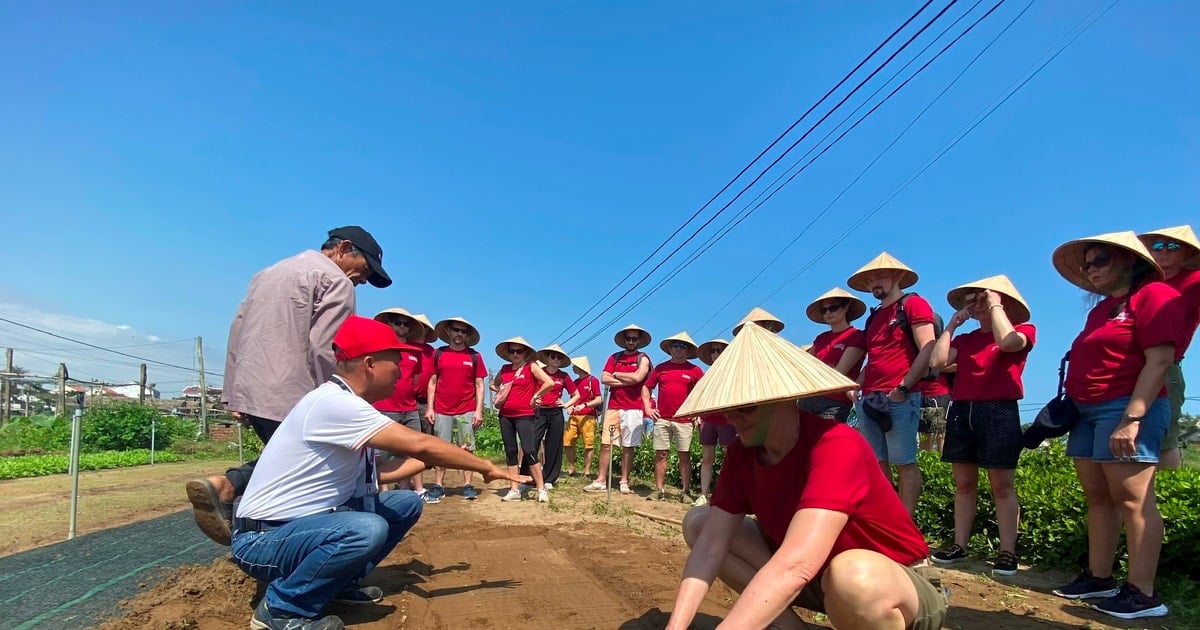
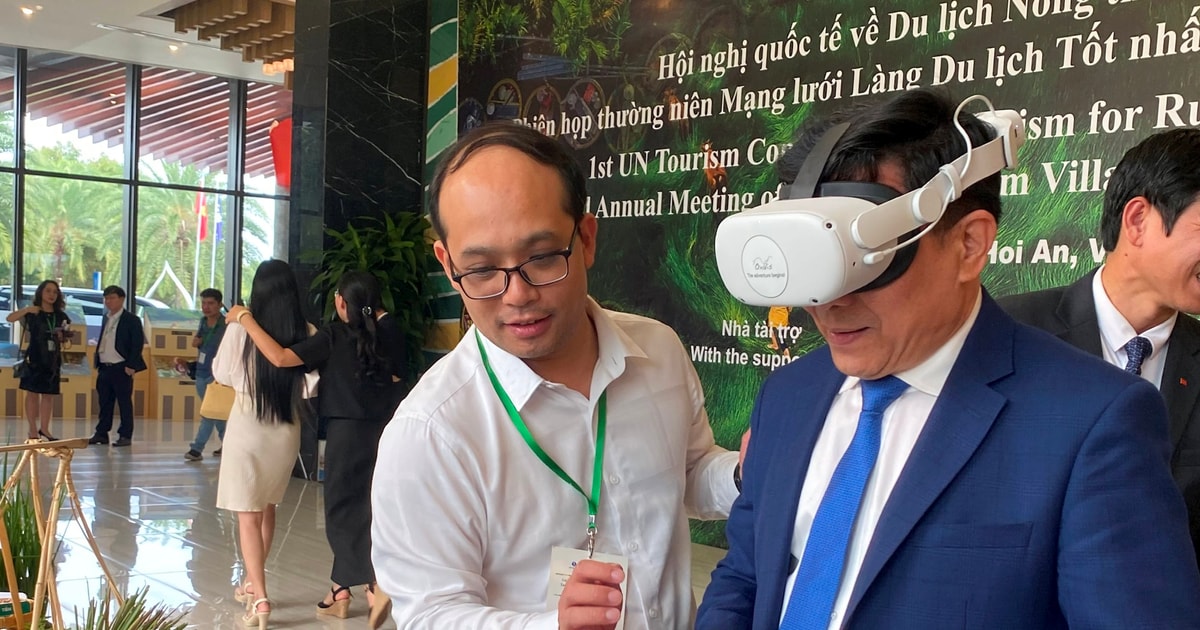
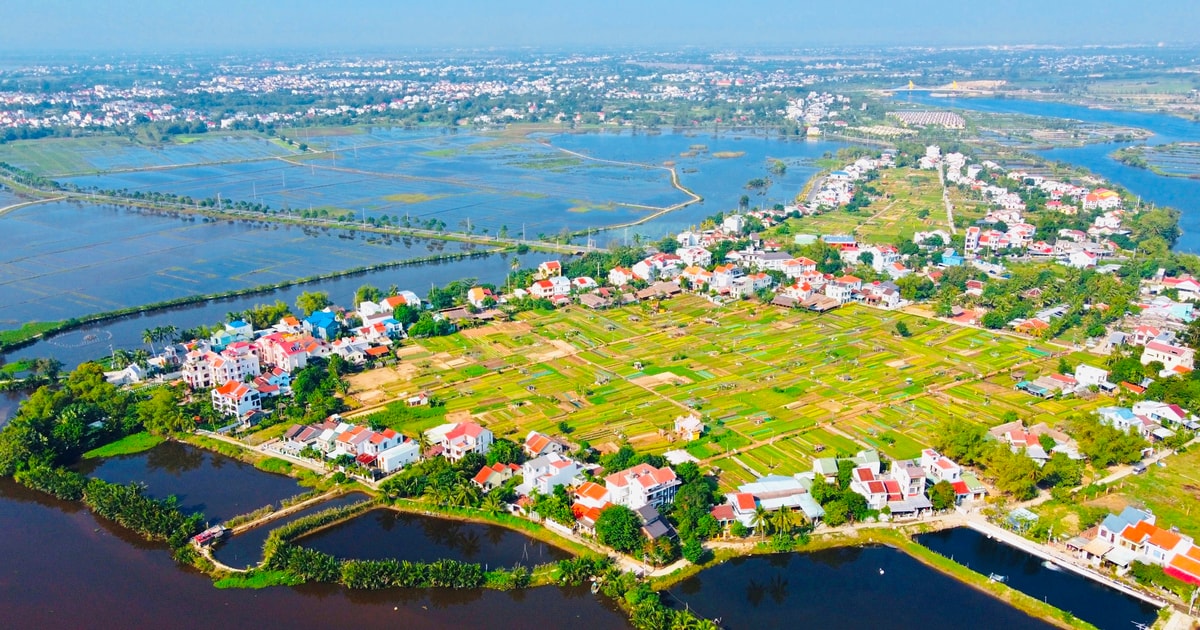
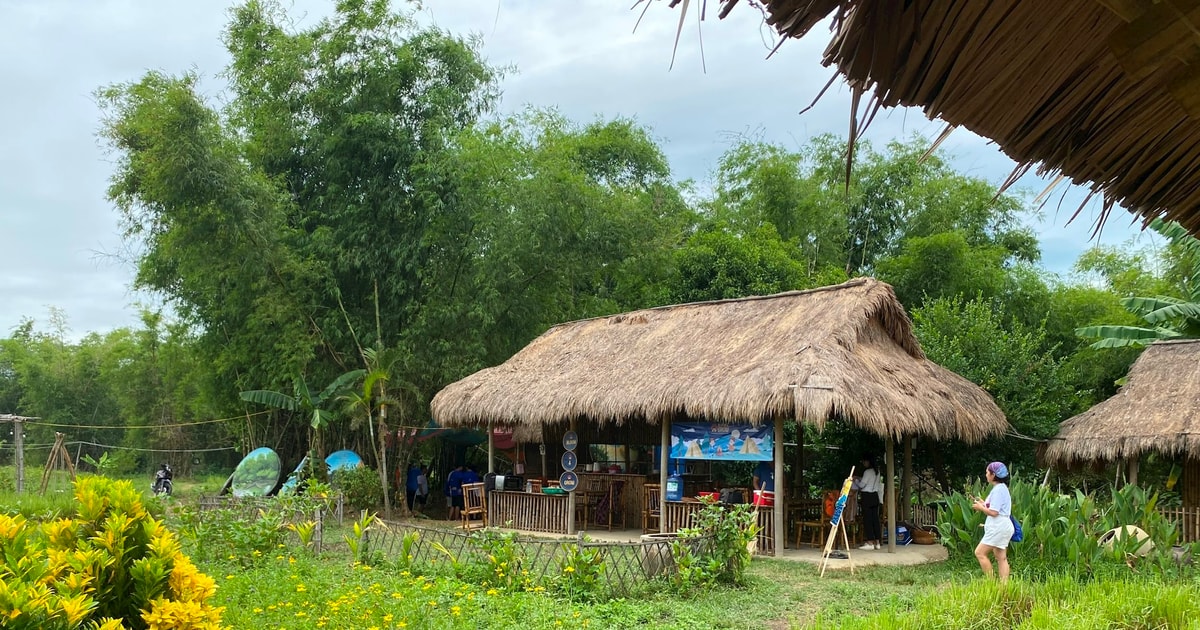

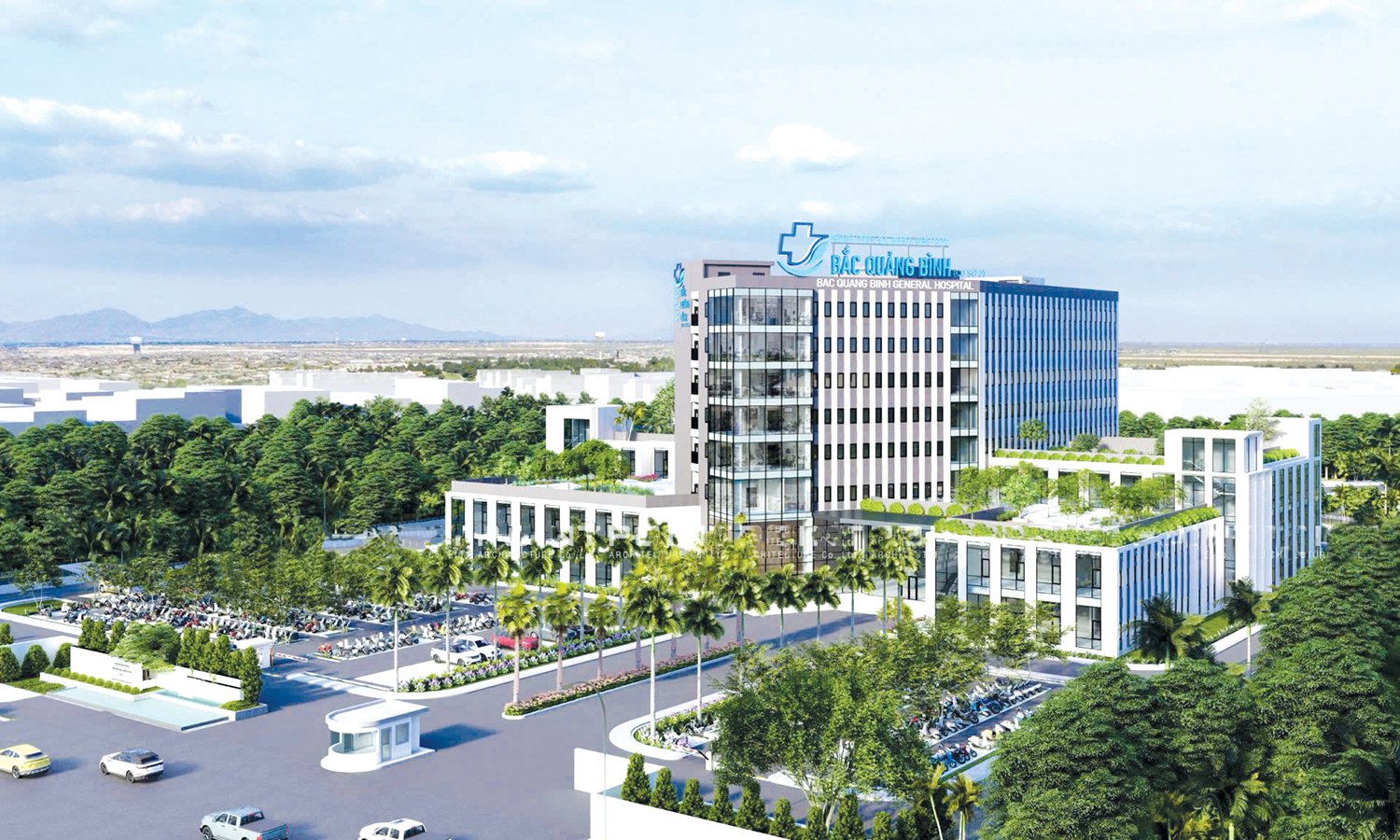
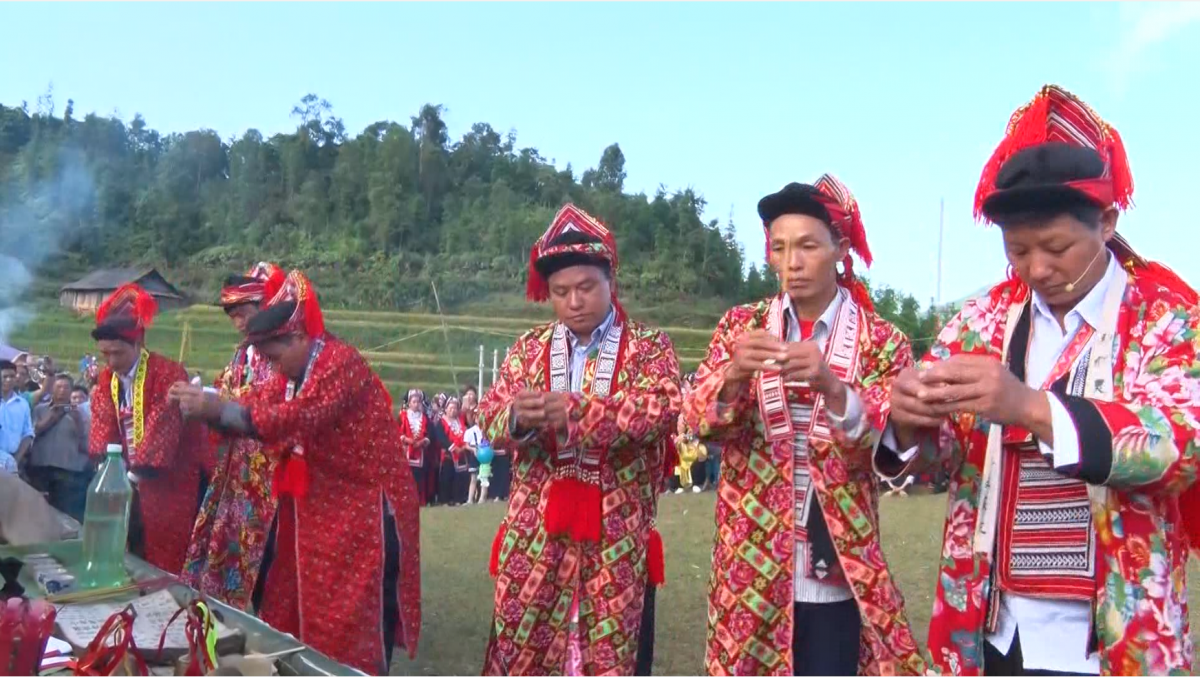
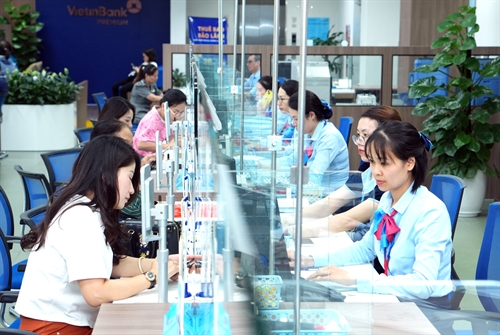

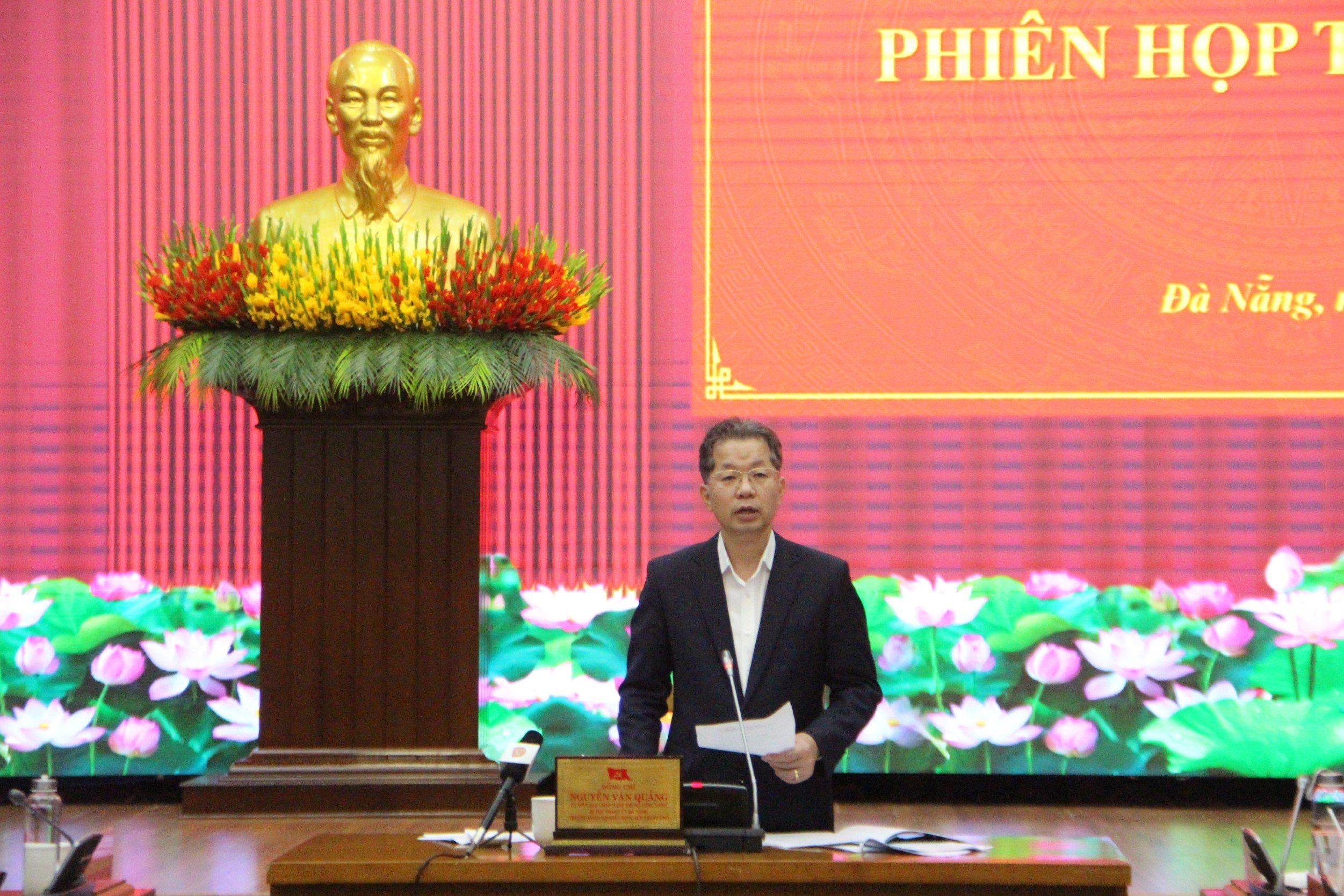
![Charming Vietnam [ Cat Tien National Park ]](https://vstatic.vietnam.vn/vietnam/resource/IMAGE/2025/2/12/c05c34322e4f4cac874e7f971dfaddca)
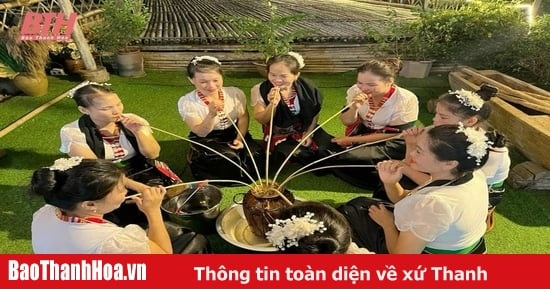














Comment (0)